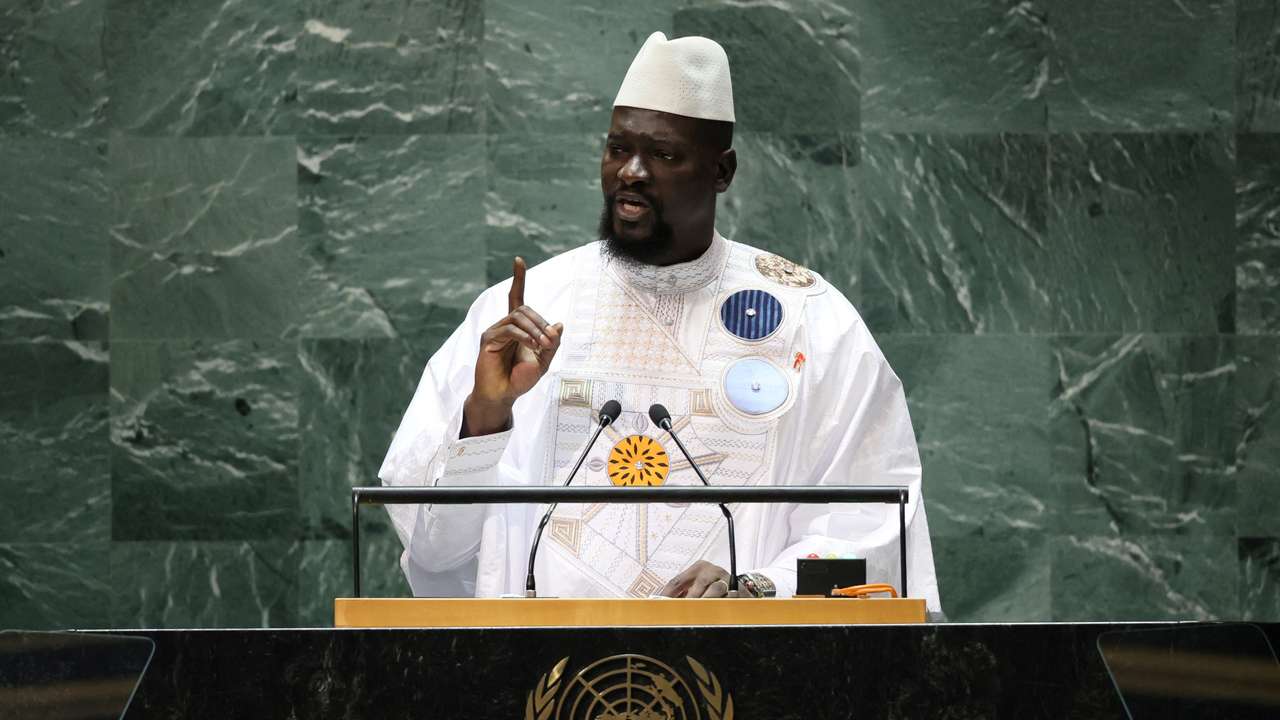A presidential decree by General Mamadi Doumbouya, broadcast on state television, announced the creation of an election management body under the Ministry of Territorial Administration.
The agency will oversee all political elections and referendums, manage the biometric voter registry, and organise a special security force to safeguard the electoral process.
The decision has drawn criticism from legal experts and opposition figures who warn it may undermine electoral transparency. Mohamed Traoré, former head of Guinea’s bar association, wrote in a Facebook post that “a public administration that is politicised and partisan... raises serious doubts about the sincerity of upcoming elections.” He added that placing the election body under the interior ministry, led by a junta-appointed official, further erodes trust.
Guinea’s junta seized power in a 2021 coup, pledging to return the country to constitutional rule by the end of 2024. That deadline has since passed.
The referendum in September will decide on a new constitution, potentially clearing the way for junta members to stand in future elections despite an earlier transition charter explicitly prohibiting them from doing so.
Although junta leader Doumbouya has vowed not to run for office, several government officials have publicly endorsed his candidacy in recent months. Observers fear the new constitution could remove current restrictions on military or transitional leaders contesting elections.
Prime Minister Amadou Oury Bah said in May that the government would "do everything" to hold presidential and legislative elections by December 2025. Doumbouya has also declared 2025 a "crucial electoral year to complete the return to constitutional order."
International observers and rights groups remain sceptical, while the Economic Community of West African States (ECOWAS), which has pressed for a swift return to civilian rule in Guinea, has yet to comment on the new electoral body.
As the referendum approaches, pressure is mounting on the junta to deliver a credible and inclusive democratic process.
